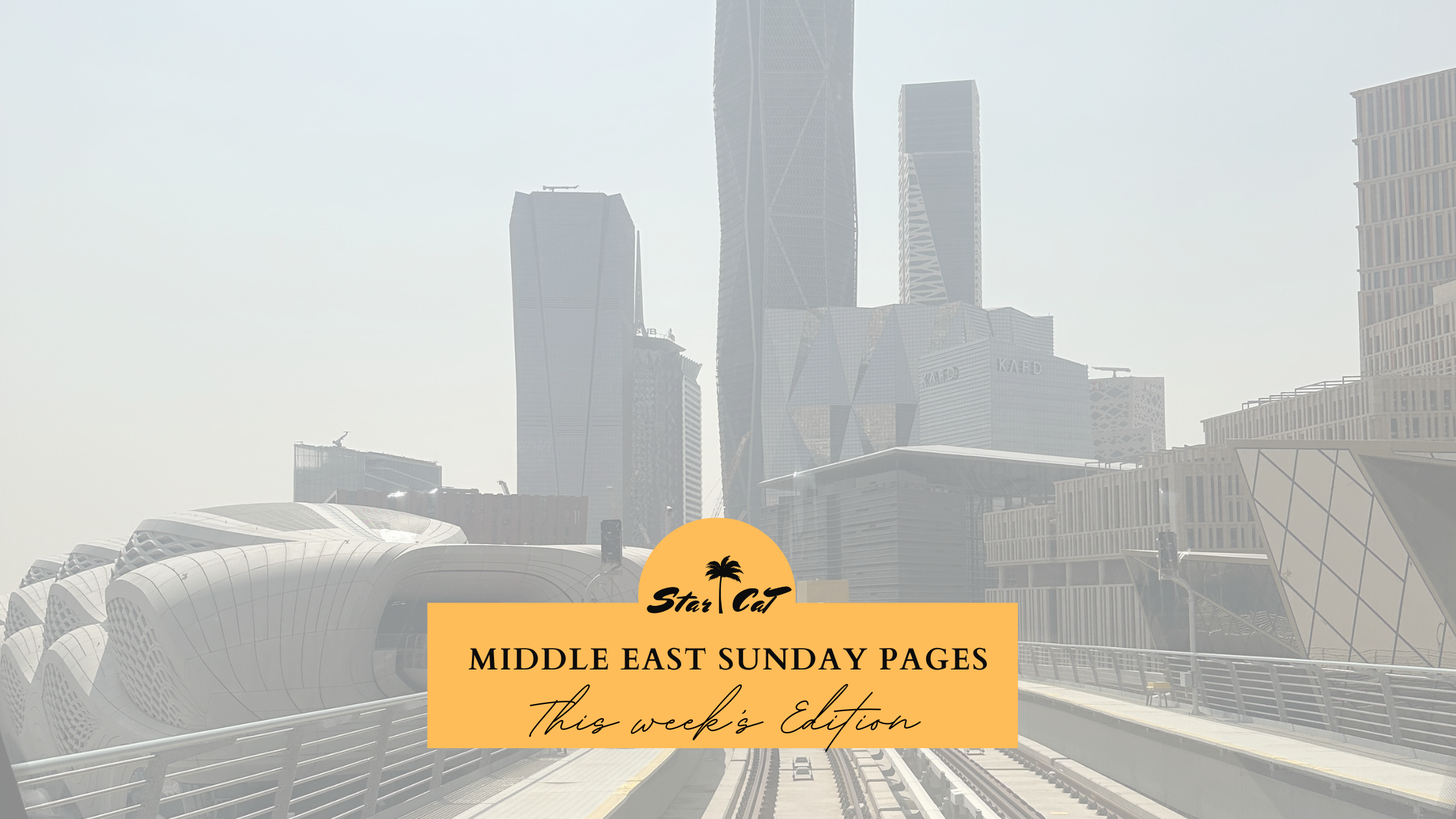
The £100k Opportunity Hiding in the Gulf Market (That Most Businesses Overlook)
What if I told you there’s a market actively seeking international expertise, offering better budgets than in Europe, less competition, and an unparalleled appreciation for quality? It might sound like a dream scenario, but for those who understand how to navigate it, this is precisely what the Gulf region offers.
The Gulf Cooperation Council (GCC)—comprising the UAE, Saudi Arabia, Qatar, Bahrain, Kuwait, and Oman—is one of the most lucrative yet underutilised markets for Western businesses. With rapidly diversifying economies and ambitious government-backed projects, the Gulf represents a world of opportunities (if approached the right way). Yet, most businesses remain on the sidelines, unsure of how to break in.
For those willing to adapt their strategies and invest in understanding this unique market, the rewards can be transformative. In this post, we will explore why the Gulf is a six-figure opportunity waiting to be unlocked—and how you can position your business to succeed.
Why the Gulf Market Is So Lucrative
The Gulf region is not just another emerging market; it’s a hub of economic activity with immense potential for businesses across sectors with Visions unmatched. Here’s why it stands out:
1. Budget Is NOT the Problem
Unlike many Western markets where cost-cutting often drives decision-making, Gulf-based companies and government projects operate differently. Budgets are generous because the focus is on securing reliable, high-quality solutions rather than finding the cheapest option (this is not to say that there is no negotiation). Whether it’s a large-scale infrastructure project in Saudi Arabia or a luxury branding campaign in Dubai, clients in the Gulf prioritise reputation and results over price. (And this is why you have an advantage when you are based in Europe or the US because these countries are still seen as the market leaders)
The Catch:
They won’t find you unless you communicate effectively—culturally, strategically, and socially. This means understanding their values and expectations while presenting yourself as a trusted partner rather than just another service provider. A good way to start is to understand whether there is opportunity – we can help with this here.
2. Low Competition Due to High Entry Barriers
The Gulf market isn’t saturated with competitors because most Western businesses disqualify themselves before they even begin. They assume that what works in London or New York will work in Riyadh or Doha—and when it doesn’t, they give up. See our previous post on this here.
This lack of competition creates an incredible opportunity for businesses willing to adapt their approach. The rules of engagement are different in the Gulf, but that’s precisely what makes it such fertile ground for success. If you can overcome these entry barriers—such as cultural nuances, relationship-building protocols, and regulatory requirements—you position yourself not just as a competitor but as a market leader.
What This Means for You:
When you understand how to navigate this landscape properly, you don’t just compete—you dominate. By tailoring your strategy to the region’s unique dynamics, you gain an edge that most businesses overlook.
3. Trust and Relationships Trump Advertising
In many Western markets, digital advertising is king. Companies pour thousands into pay-per-click (PPC) campaigns or social media ads to generate leads. In the Gulf, however, relationships hold far more value than ad spend.
A single introduction from a trusted intermediary or attendance at the right event can open doors to multiple five-figure contracts. Trust is everything here—it’s built through face-to-face meetings, personal connections, and consistent follow-through over time.
What You Need:
- A clear understanding of Gulf business etiquette.
- A calendar of key cultural and business events where decision-makers gather. You can get this here.
- A relationship-first approach that prioritises trust over quick wins.
4. The Gulf Economies Are Rapidly Diversifying
The Gulf is no longer solely reliant on oil revenues. Ambitious national initiatives are driving diversification across industries such as technology, education, healthcare, tourism, sports, media, and sustainability. Here are just a few examples:
- Saudi Vision 2030: A transformative plan to reduce Saudi Arabia’s dependence on oil by investing heavily in sectors like renewable energy, entertainment, and tourism. You can download all projects of Vision 2030 here for free.
- Expo City Dubai: A legacy project from Expo 2020 Dubai that focuses on innovation and global collaboration.
- Qatar’s Investments in Sports: From hosting the FIFA World Cup to expanding its media footprint globally.
These initiatives create an insatiable demand for foreign expertise across fields like marketing, health, AI development, wellness programs, educational reform—you name it. The opportunities are vast; the question is whether your business is showing up where it matters. The first step is to download a full event and conference calendar for the Gulf.
5. One Client Can Pay for Your Entire Year
Unlike many Western markets where contracts are smaller and margins tighter due to intense competition, Gulf clients often operate at a different scale altogether. It’s not uncommon for businesses entering this market to secure contracts worth £25k or more from just one client engagement.
For example:
- A branding agency might land a £50k project with a luxury hotel chain in Dubai.
- A tech consultant could secure a £30k contract helping a Saudi company implement AI solutions.
- An education provider might close a £100k deal delivering leadership training programs across multiple GCC countries.
The beauty of this market is its scalability—one successful contract often leads to referrals and repeat business within influential local networks. But be aware that often payment terms can differ from the rest of the world and take longer.
Why Most Businesses Miss Out
Despite these incredible opportunities, many businesses fail to capitalise on the Gulf market because they make one critical mistake: they approach it with a Western mindset. Here’s what typically goes wrong:
- Focusing on Fast Wins: Businesses expect immediate results without investing in long-term relationship-building.
- Ignoring Cultural Nuances: Missteps like using overly casual language or failing to respect hierarchy can derail potential partnerships.
- Copy-Pasting Western Strategies: What works in Europe or North America rarely translates directly into success in the Gulf.
The result? Frustration, wasted resources—and missed opportunities worth six figures or more. If you want to do this right, you need a Strategy. We offer a VIP Strategy Day to map this out – understand what this means.
How to Unlock the £100k Opportunity
If you want to succeed in the Gulf market, you don’t need an entirely new product or service—you need a new strategy tailored specifically for this region. Here’s how:
1. Refine Your Messaging
Your value proposition needs to resonate with Gulf audiences by aligning with their priorities: trustworthiness, quality, and long-term impact. Work with someone who understands regional communication styles to ensure your messaging strikes the right tone—formal yet approachable.
2. Build Relationships First
Invest time in networking through events like trade shows or cultural festivals where decision-makers gather. Personal introductions carry far more weight than cold outreach here; prioritize building genuine connections over transactional interactions.
3. Leverage Local Expertise
Partnering with regional experts can help you navigate regulatory requirements and cultural nuances more effectively than going it alone. Whether it’s hiring local consultants or collaborating with established firms already operating in-market—don’t underestimate the value of insider knowledge.
4. Show Up Where It Matters
Identify key events aligned with your industry—whether it’s GITEX (technology), Arabian Travel Market (tourism), or Saudi Food Expo (hospitality). Being present at these gatherings demonstrates commitment while providing invaluable networking opportunities.
5. Focus on Credibility-Building Strategies
From securing endorsements by local influencers to sponsoring community initiatives during Ramadan—credibility is king when entering this market.
What’s Next?
The Gulf market represents an untapped six-figure opportunity for businesses willing to adapt their approach and invest strategically in building trust-based relationships. With high budgets, low competition levels due to entry barriers—and clients who value quality over cost—it’s one of today’s most exciting growth markets globally.
If you’re ready to stop guessing and start winning big in this lucrative region—it all begins with adopting culturally intelligent strategies designed specifically for success there with our VIP Growth Day, read more here.


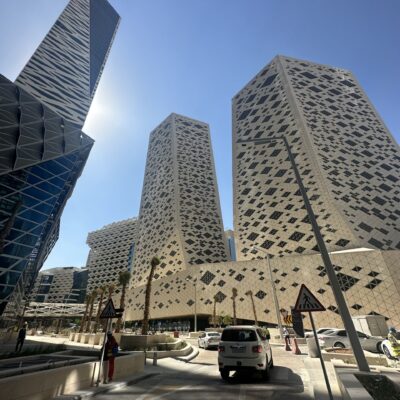



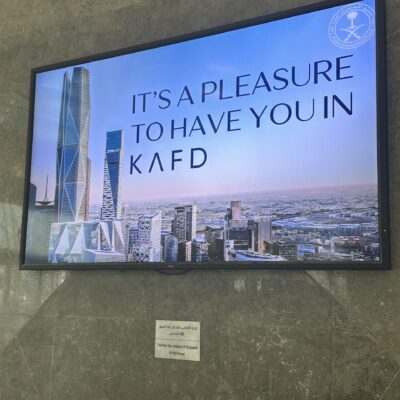
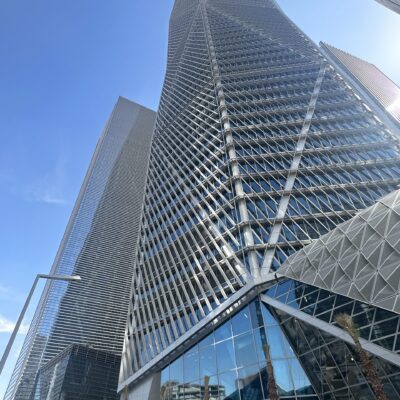
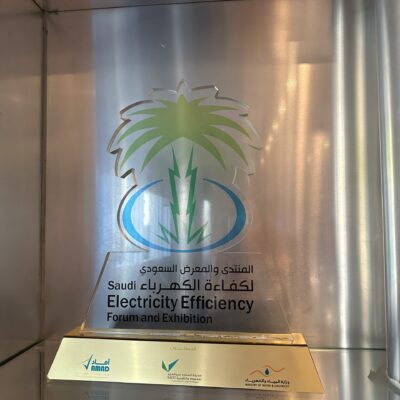
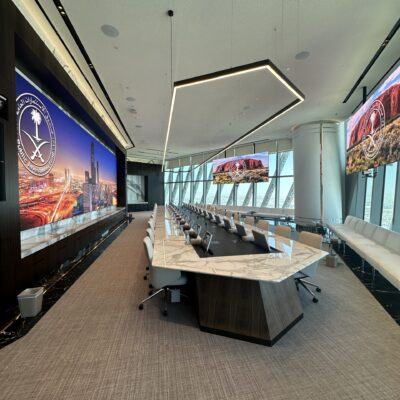
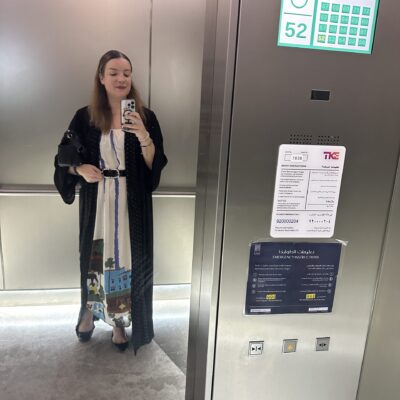
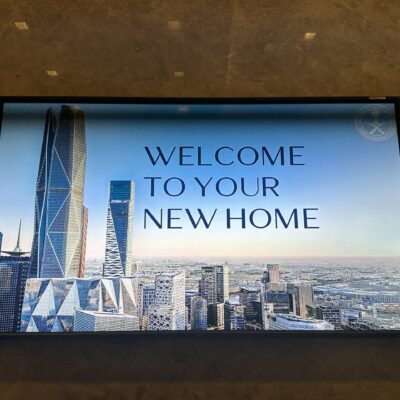
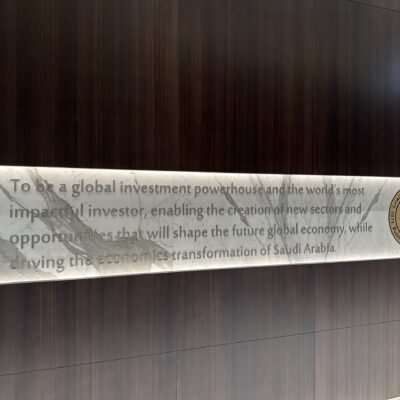


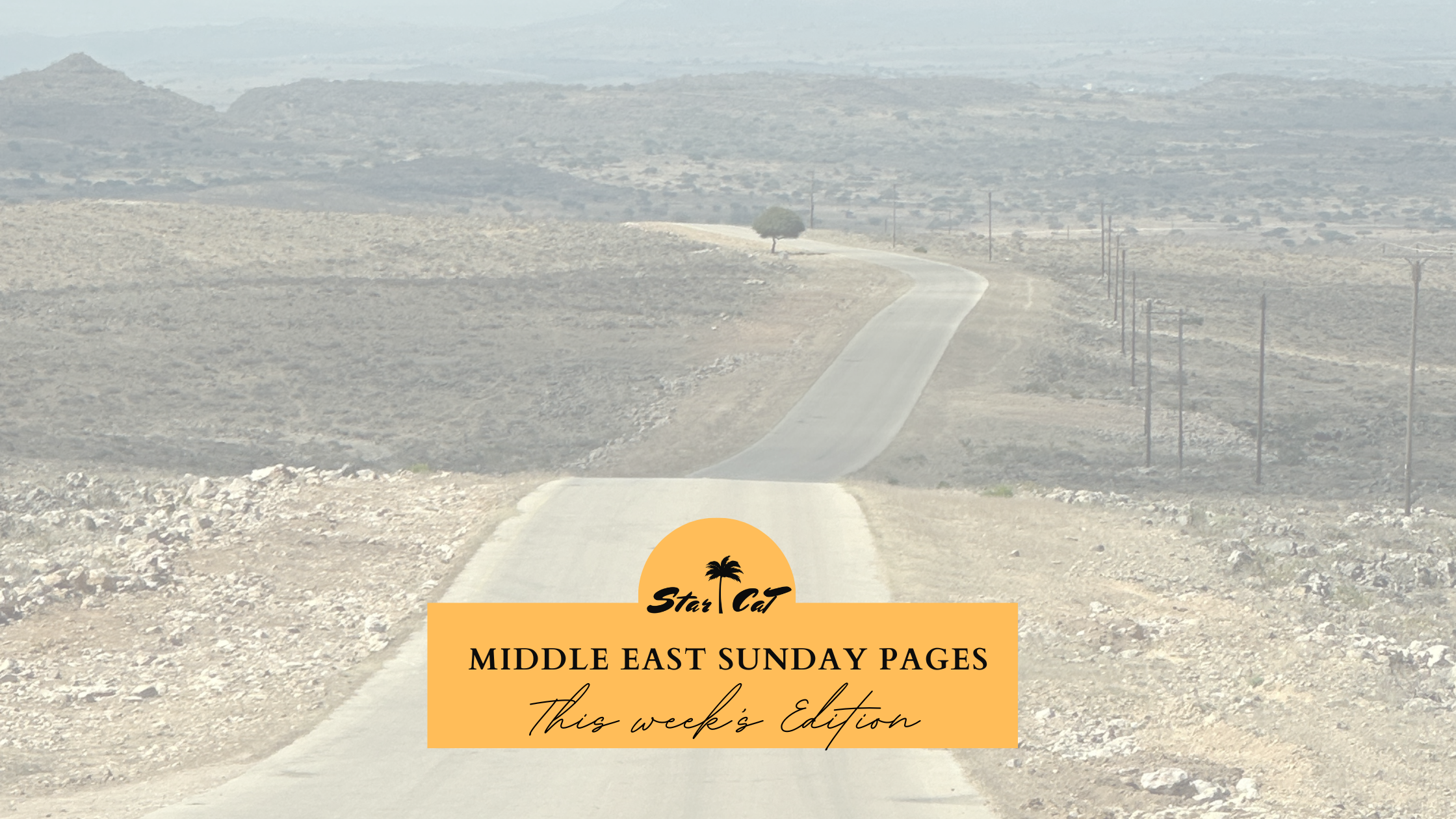
This Post Has 0 Comments